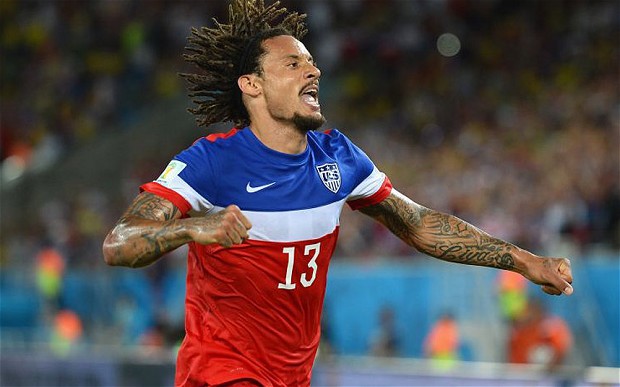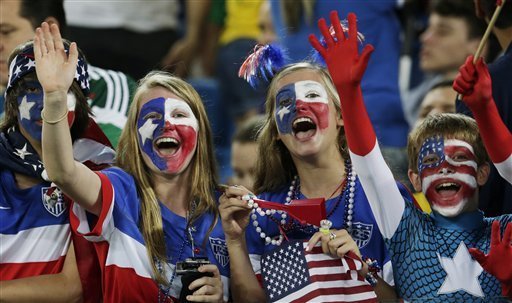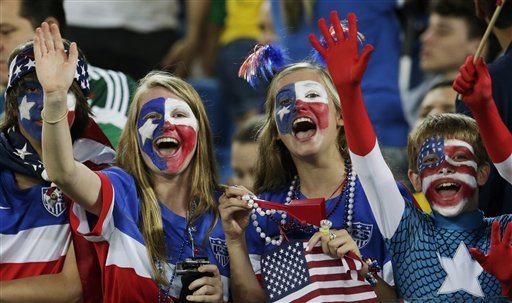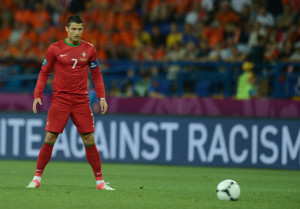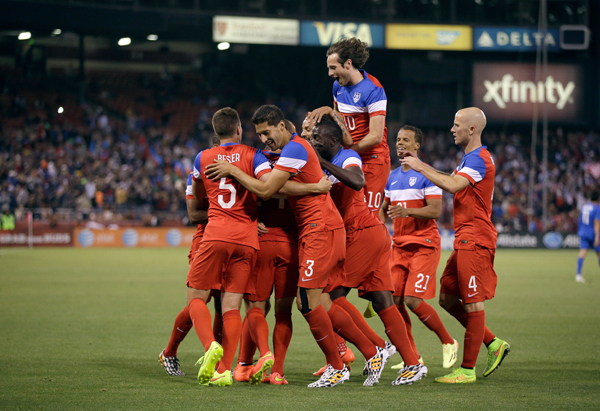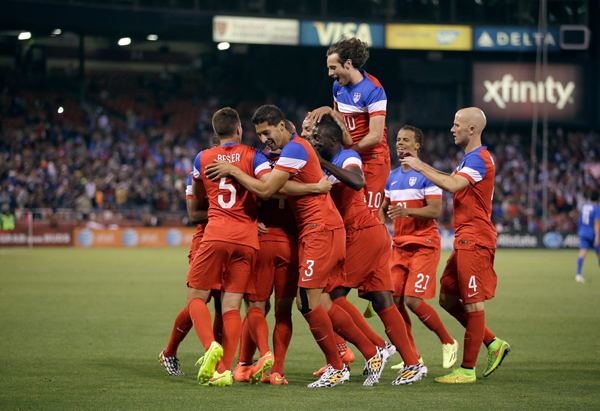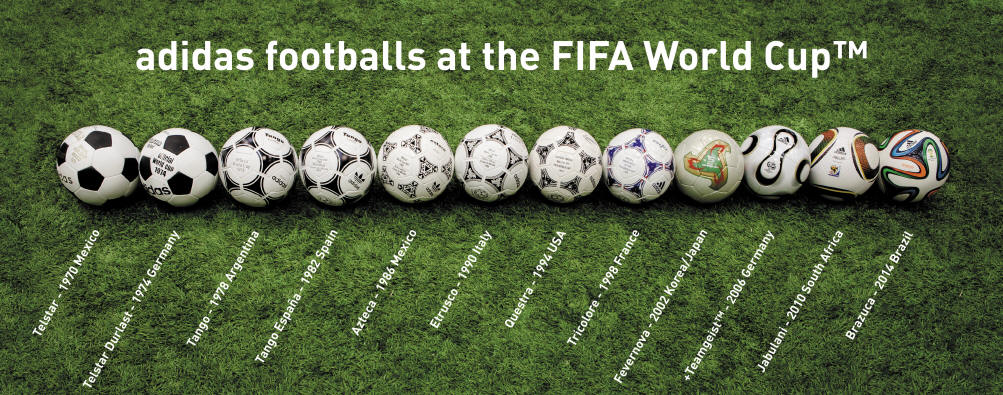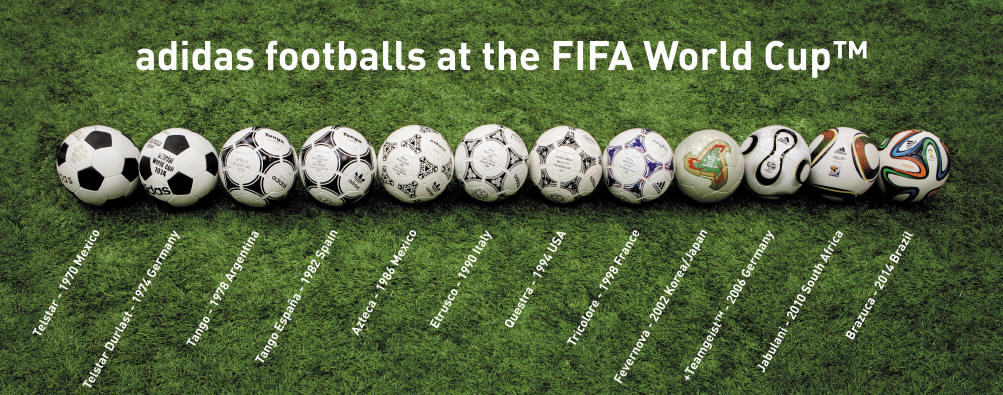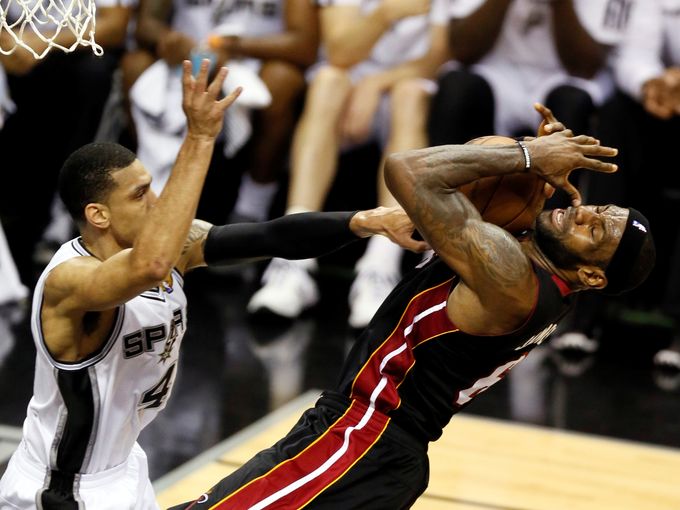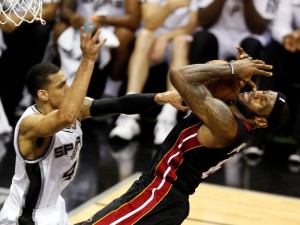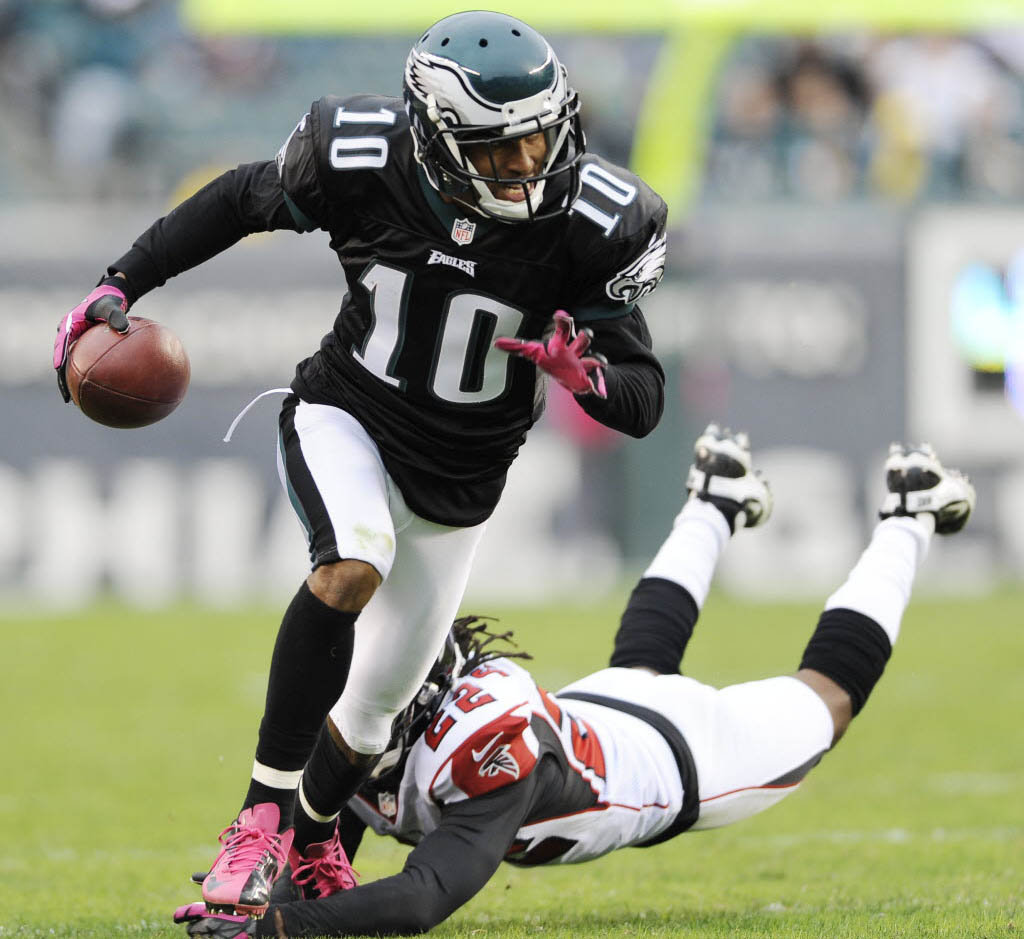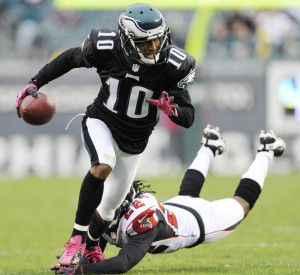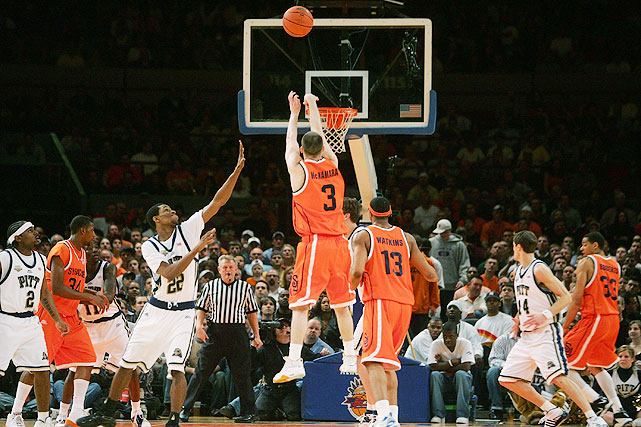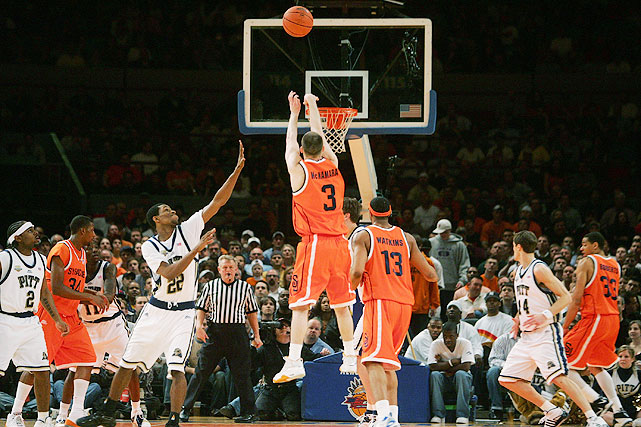To celebrate and prepare for the World Cup in Brazil, Dear Sports Fan is publishing a set of posts explaining elements of soccer. We hope you enjoy posts like Why do People Like Soccer? How Does the World Cup Work? Why Do Soccer Players Dive so Much? What is a Penalty Kick in Soccer? What are Red and Yellow Cards in Soccer? and Why do World Cup Soccer Players Blame the Ball? The 2014 World Cup in Brazil begins on June 12 and ends on July 13.
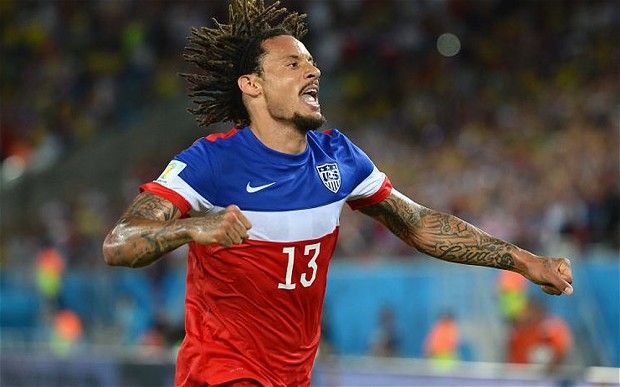
With dread. At least that’s how I’m going to watch the third and potentially final game of the World Cup for the United States team. Here’s a quick recap of the tournament so far.
- The United States got a little unlucky and ended up stuck with three strong teams, Germany, Portugal, and Ghana in the so-called “Group of Death.” BAD
- The United States beat Ghana 2-1 even though Ghana outplayed them. GOOD
- Germany clobbered Portugal and then tied Ghana, leaving the United States with the opportunity to clinch a place in the next round of the tournament if they could beat Portugal. GOOD
- The United States was clearly the better team in their game against Portugal and had a 2-1 lead after ninety four minutes of play. GOOD
- There was one more minute in the game. UH OH
- Portugal scored. AGHHGH!!!!
- Wait, hold up, the United States still has a great chance to move on to the next round. All they need to do is win or tie their game against Germany or lose but have the Ghana vs. Portugal work out in some very reasonable ways. NOT SO BAD
So, after two weeks of exciting play in what has been by far the most entertaining World Cup in my memory, this is where we are. And… it’s just all going to go horribly wrong from here on out, I can feel it in my bones. One of the reasons I write this blog is to try to explain to non-sports-infected people what it’s like to be a fan. Sean McIndoe of Grantland did a great piece last year called “The 20 Types of Depressed Sports Fans” and I always tend to be number 9, The Pessimist:
Long before it becomes clear that the game is going south, this fan will annoy everyone by coming up with increasingly negative scenarios that he insists are about to unfold. Eventually, his lamentations become a source of constant background noise, like a dripping faucet.
I’m also a devotee of the “reverse jinx” philosophy which suggests that you can use your natural “dripping faucet lamentations” to literally affect the course of an upcoming game if you state them loudly and often before the game. Without further ado, here are my lamentations in advance of the United States game vs. Germany:
- Many are suggesting that there will be some unspoken collusion between Germany and the United States to tie the game because if they tie, they are both guaranteed a spot in the next round with Germany in first place and the United States in second. This isn’t going to happen. There is a pretty big difference between first and second in the group because the second place team will probably play Belgium while the winner of the group will play Algeria, Russia, or Korea, all of which are likely to be much easier to beat than the surprisingly mighty Belgians. Germany is going to try to win.
- If Germany tries to win, they are likely to win. They’re ranked second in the world by FIFA and they have played excellently so far. They’ve also had an extra day of rest compared to the United States and they didn’t just play in the rain-forest of Manaus, where the U.S. vs Portugal game was. All four teams who have played in Manaus went on to lose their next game. It’s that brutal of a place to play.
- This “Manaus Effect,” said by soccerblog.dallasnews.com to be “as deadly as skinny dipping in the Amazon,” has negative consequences beyond our game with Germany. If we lose to Germany, our best bet for advancing to the next round anyway is for Portugal to beat or tie Ghana. Unfortunately, Portugal will also be suffering from having played just four days before in an 84 degree, 70 percent humidity sauna.
- Now we get to the really superstitious part of this. Here are the results of the U.S. national team in World Cups since 1990 when they qualified for the first time since 1950 and when I first started following them:
- 1990 — lost all three games.
- 1994 — Lost 1-0 to Brazil in the knock-out round. Not bad.
- 1998 — lost all three games, including one 2-0 to Germany. Ouch.
- 2002 — made it all the way to the quarterfinals!!! Lost 1-0 to Germany.
- 2006 — won their first game, tied their second, (sound familiar?) lost their third game 2-1 to Ghana. Eliminated.
- 2010 — made it to the knock-out round. Eliminated by Ghana, 2-1.
- You have to admit, if there’s a scenario that should make U.S. soccer fans bones’ jangle, it’s playing against Germany and facing elimination, if we lose to Germany, by a victory by Ghana.
Because this is a massive reverse jinx powered by true sports-pessimism, I’m not going to point out how wonderful it has been to see American fans turn out with real passion in droves to support the United States team. I’m not going to point out that Nate Silver thinks the U.S. team has a 75.9% chance of advancing. I’m definitely, definitely not going to point out that if the U.S. manages to beat Germany and then beat Algeria, Russia, or South Korea, it would play the winner of France vs. Nigeria in the Quarterfinals on July 4th.

